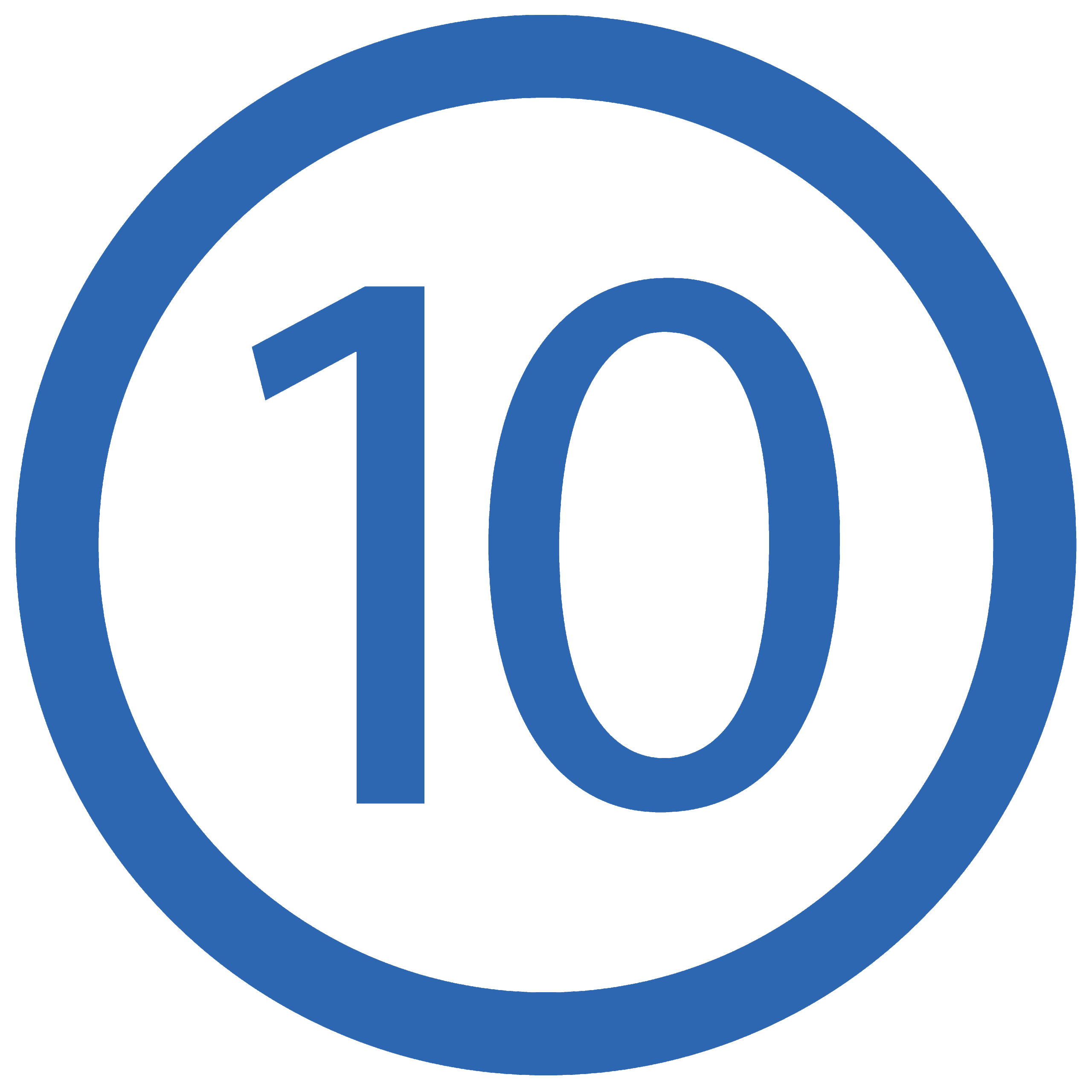I’m looking forward to the reply because it means I’m on my way. This is a competitive business and you have to push all the right buttons to break in to travel writing. But, I’m in it for the long term, so this is the start of my learning process.
I’d like to pass along some things I’ve learned to this point about query letters. I haven’t mentioned any of this before. But it tickles me that there are people out there who just write a letter and send it to an editor, without even trying to get it right. No research or planning at all. I’m talking about letters that are multiple pages, ramble on aimlessly, are printed on funny paper (or odd-colored paper), are formatted wrong (tiny margins, double spaced), and letters that say the wrong things (“I have no experience but I was an editor on my college newspaper”, or “I love to write and I could assemble whatever you want”). Those kinds of things. I’ve read about some of the strange letters editors get. You can imagine what happens to them (reject!) and what a waste of time it is for an editor to have to read them.
Put yourself in the editor’s chair and imagine what a GOOD query would look like:
It would set the subject in the first few lines.
It would also quickly describe the article idea.
It would be interesting and cause the editor to want to read more.
It would pitch the idea and ask for a “go-ahead”.
It would say something about the writer and include anything already published.
It would lastly provide a way for the editor to respond (favorably, of course!).
Makes sense, doesn’t it? There is an established procedure that you should follow when writing these query letters. If you do, you will quickly rise above the people who send in the “lousy” queries and dramatically increase your chances of selling your work. If you make your query a pleasure to read (instead of a chore), you have a much better chance of getting published. It’s that simple. You want to be in direct competition with the PEOPLE WHO UNDERSTAND THIS! Don’t compete with the people who are too busy or too lazy to send in their very best work. You have already lost at this game if you do that.
I look forward to telling you what happens with my first query letter submission. I really hope I don’t have to wait too long. But, while I’m waiting, I plan to read Gordon Burgett’s book again and try to improve my processes. What are you doing to improve yours?
Check out Gordon Burgett’s website. I’ve found his materials to be fairly priced and excellent quality. The Travel Writer’s Guide is superb! Twice THE TRAVEL WRITER’S GUIDE was a Writer’s Digest Book Club top selection!
How to Get Your Book Published Free in Minutes and Marketed Worldwide in Days
Test Your Niche Book First!
Travel Writer’s Guide (Trade Paperback Book)
How to Set Up and Market Your Own Seminar (audio series)


